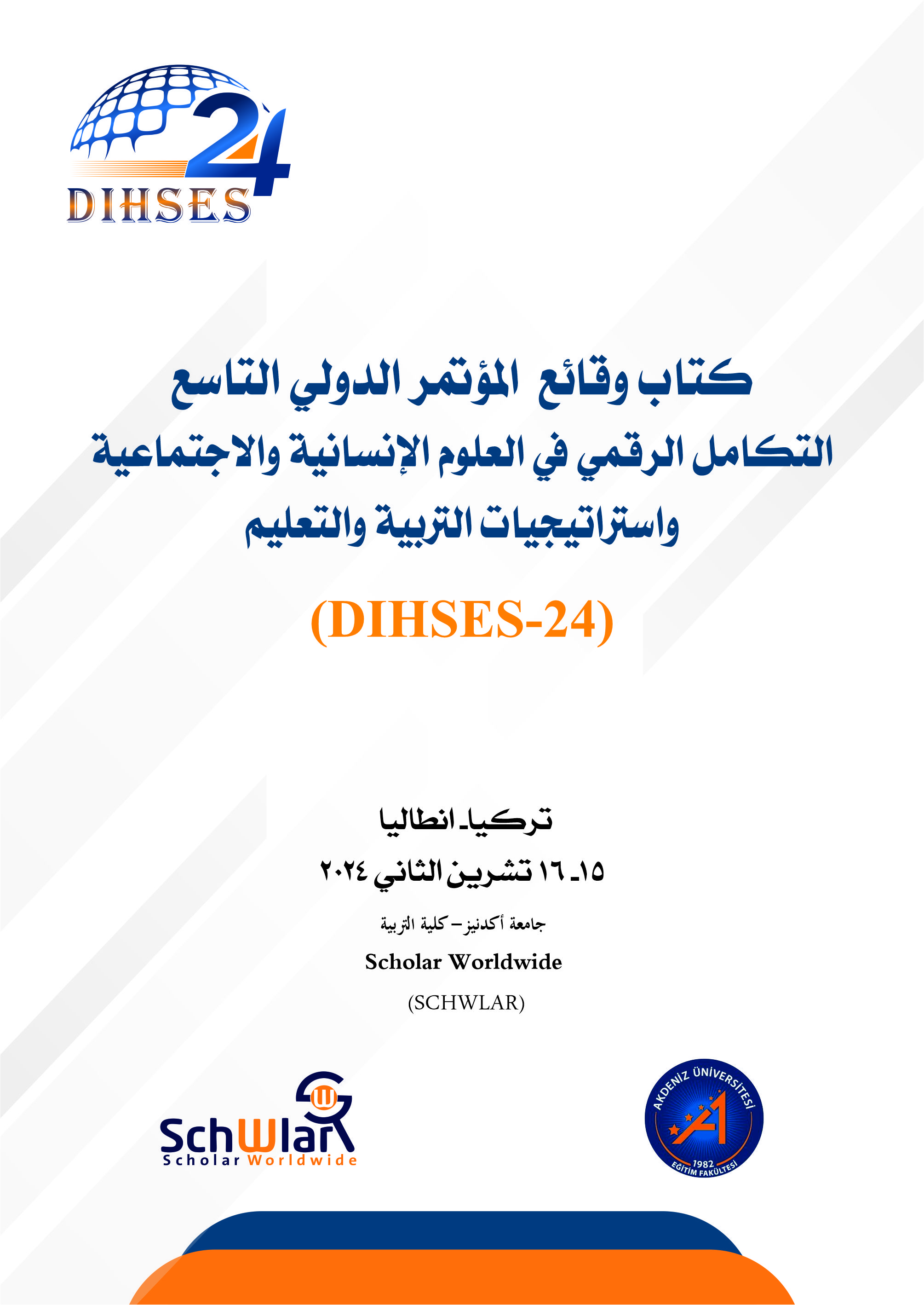Artificial Intelligence in University Education Between Acceptance, Doubt and Rejection
Main Article Content
Abstract
Digitization has become a reality, not imposed on us arbitrarily by contemporary life. Of course, just as humans are inspired by immorality and piety, digitalization also has tools that can be harnessed for good or evil, for knowledge and learning or ignorance, for advancement and civilization, or for decline and backwardness. With the gradual mechanization of education, from the researcher’s point of view, it worked towards disrupting the human mind and thought. In the past, the researcher expressed his fears about replacing the teacher with a machine, which is a bank and processor of information, although he emphasized the use of the machine as an auxiliary means of support in the educational process and under the supervision of the teacher. gitization has become a reality, not imposed on us arbitrarily by contemporary life. Of course, just as humans are inspired by immorality and piety, digitalization also has tools that can be harnessed for good or evil, for knowledge and learning or ignorance, for advancement and civilization, or for decline and backwardness. With the gradual mechanization of education, from the researcher’s point of view, it worked towards disrupting the human mind and thought. In the past, the researcher expressed his fears about replacing the teacher with a machine, which is a bank and processor of information, although he emphasized the use of the machine as an auxiliary means of support in the educational process and under the supervision of the teacher.
With the development of technology and the development of artificial intelligence, leading to GPT chat, which may remove the teacher from the educational stage, which will make matters worse. Today, the teacher does not need to make any intellectual or mental effort to prepare the lesson, prepare a scientific paper, or manage an educational institution. As the student follows the same path, there is no need to study, think, or activate his mental abilities in memorization, calculation, and analysis. This paper will focus on the negative effects of technological development and digital integration in the humanities and social sciences, or rather, to what limits can the employment of artificial intelligence be accepted in teaching the humanities and social sciences?
Article Details

This work is licensed under a Creative Commons Attribution 4.0 International License.
